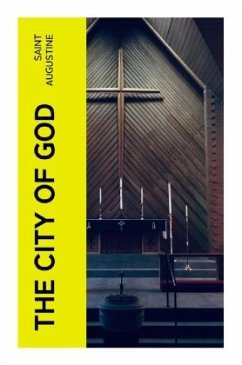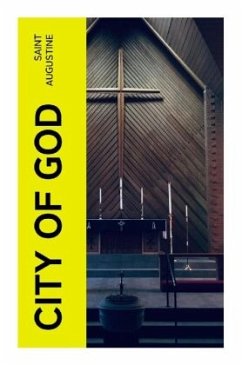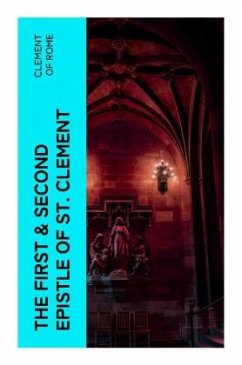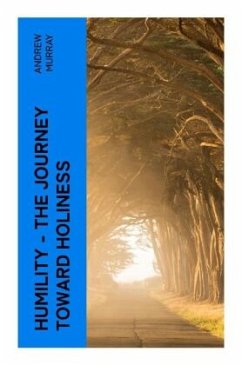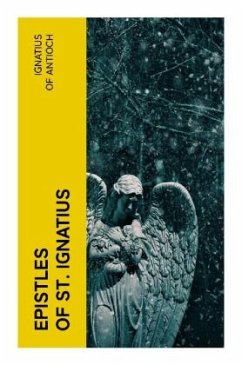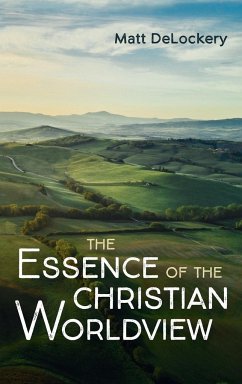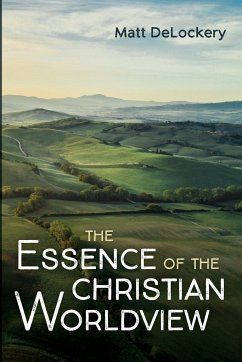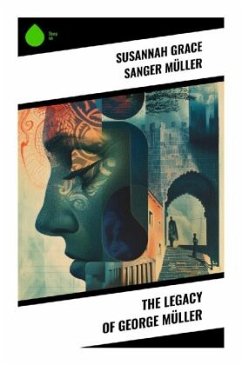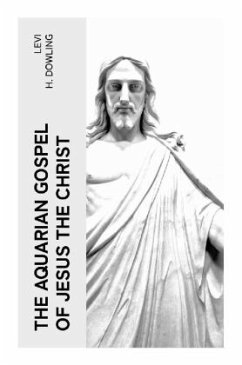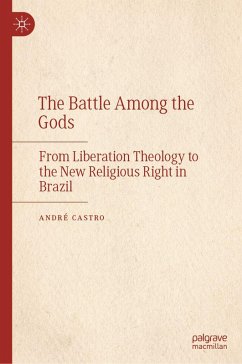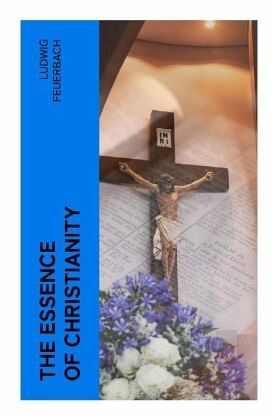
The Essence of Christianity
Versandkostenfrei!
Versandfertig in 6-10 Tagen
14,90 €
inkl. MwSt.

PAYBACK Punkte
0 °P sammeln!
In "The Essence of Christianity," Ludwig Feuerbach presents a radical critique of theistic beliefs by arguing that God is a projection of human values and desires. Set against the backdrop of 19th-century German philosophy, Feuerbach's literary style marries rigorous argumentation with a poetic eloquence that engages readers in a profound exploration of spirituality and humanity. The text serves as a seminal transition from the idealism of Hegel to the materialism that would later characterize Marxist thought, positioning it as a cornerstone for subsequent philosophical discourse on religion a...
In "The Essence of Christianity," Ludwig Feuerbach presents a radical critique of theistic beliefs by arguing that God is a projection of human values and desires. Set against the backdrop of 19th-century German philosophy, Feuerbach's literary style marries rigorous argumentation with a poetic eloquence that engages readers in a profound exploration of spirituality and humanity. The text serves as a seminal transition from the idealism of Hegel to the materialism that would later characterize Marxist thought, positioning it as a cornerstone for subsequent philosophical discourse on religion and humanism. Feuerbach, a pivotal figure in the Young Hegelian movement, was profoundly influenced by both the Enlightenment and Romanticism, which shaped his views on religion as a social construct. His background in philosophy and his dissatisfaction with orthodox Christianity fueled his interest in exploring how religious beliefs reflect human nature. By examining this intersection, Feuerbach invites readers to reconsider the intrinsic relationship between humanity and divinity, thus challenging the prevailing notions of his time. This provocative work is essential for anyone seeking to understand the philosophical foundations of modern secular thought. It not only critiques religious orthodoxy but also offers a lens through which to view humanity's quest for meaning. "The Essence of Christianity" is indispensable for scholars, students, and general readers alike, inspiring them to reflect on the very essence of their beliefs and the nature of existence.



